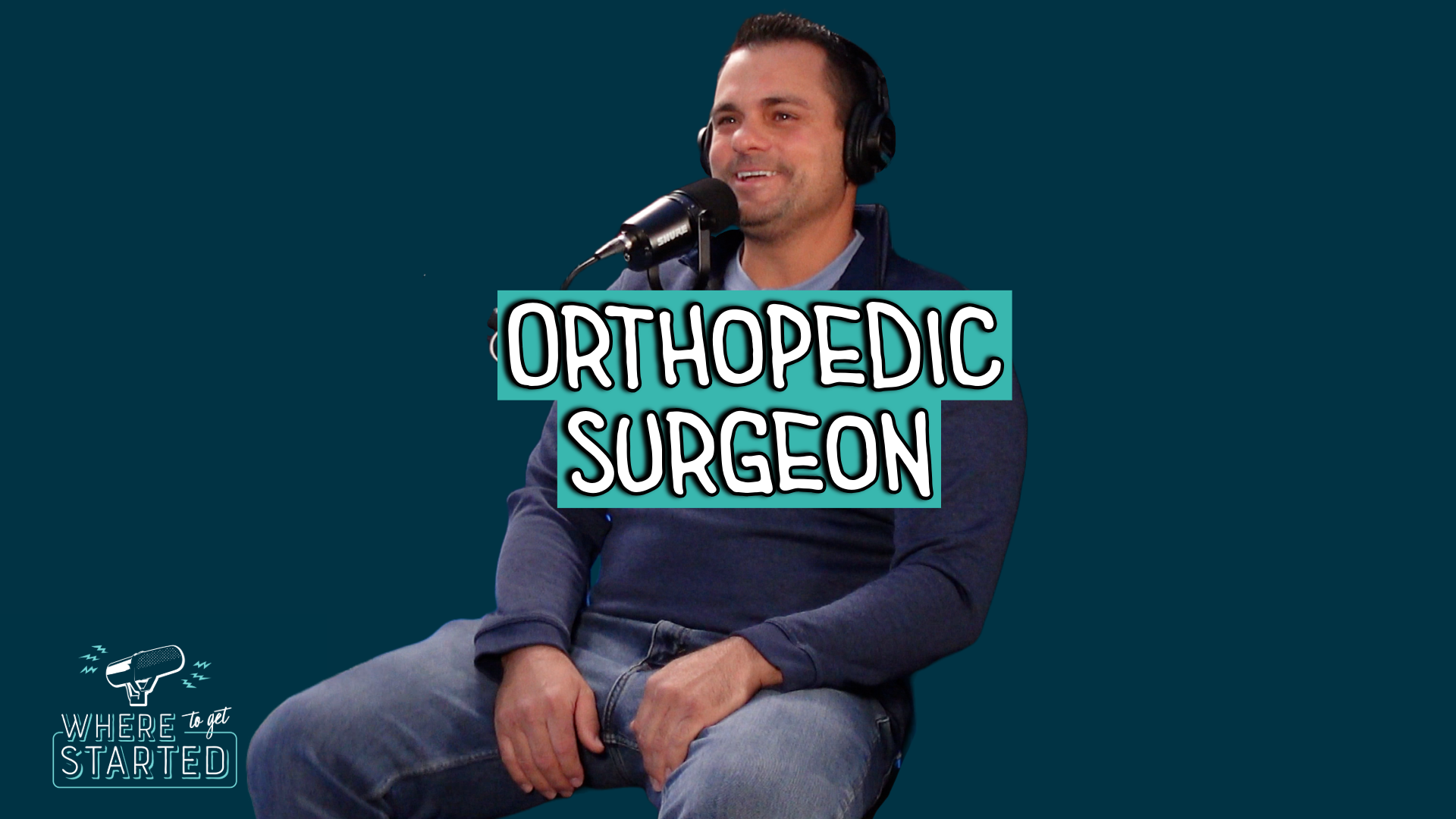The Surgeon's Journey: Navigating the World of Orthopedic Medicine
The Evolving Landscape of Orthopedic Surgery
In an era of rapid medical advancement, orthopedic surgery stands at the intersection of technological innovation, human resilience, and profound patient care. It's far more than a medical specialty—it's a complex ecosystem of healing, challenge, and continuous transformation.
The Modern Surgeon: Beyond Technical Expertise
Traditional medical education once emphasized technical prowess as the primary metric of success. Today, the most exceptional orthopedic surgeons understand that true excellence transcends surgical precision. The modern surgeon must cultivate a multifaceted approach that combines deep technical knowledge with emotional intelligence, technological adaptability, and a nuanced understanding of patient care. Emotional intelligence has become a critical component of surgical practice. Surgeons must navigate complex patient expectations, manage emotional landscapes, and provide compassionate care during patients' most vulnerable moments. This requires a level of empathy and communication skills that go far beyond traditional medical training.
The Psychological Landscape of Surgical Practice
Dr. Dan Sumko's journey illuminates the often-overlooked psychological dimensions of surgical practice. The emotional resilience required in this field is profound. Surgeons must develop robust coping mechanisms to process surgical outcomes, manage potential complications, and maintain their mental health while bearing the significant responsibility of patient care.
Technological Revolution in Orthopedic Medicine
The field of orthopedic surgery is experiencing a technological renaissance. Robotic-assisted surgeries, AI-powered diagnostic algorithms, and smart implants with real-time patient monitoring are transforming how surgeons approach treatment. These technologies offer unprecedented precision and personalization, allowing for more targeted and effective interventions.
Career Development: A Holistic Approach Aspiring orthopedic surgeons must look beyond traditional academic excellence. Success in this field requires a comprehensive approach that includes:
Developing interdisciplinary collaboration skills
Investing in continuous technological education
Cultivating emotional intelligence
Understanding healthcare economics and insurance landscapes
The Changing Patient Experience Modern orthopedic surgery has evolved from a purely clinical interaction to a comprehensive patient journey. Surgeons now focus on creating personalized treatment plans, providing enhanced pre and post-surgical support, and implementing technology-enabled patient engagement strategies.
Ethical Considerations in Advanced Medical Practice
As medical technology advances, surgeons must carefully navigate complex ethical territories. This involves balancing technological potential with human-centric care, protecting patient data privacy, and maintaining patient autonomy while leveraging cutting-edge medical innovations.
Professional Development Roadmap
The path to becoming an exceptional orthopedic surgeon is multifaceted. It begins with a robust academic foundation, followed by comprehensive residency training and specialized fellowship programs. Continuous technological education, professional networking, and potential specialization are crucial components of long-term success.
The Future of Orthopedic Surgery
The field is rapidly evolving, with emerging trends pointing towards personalized medicine, minimally invasive techniques, and the integration of predictive analytics. Telemedicine and remote patient monitoring are becoming increasingly important, requiring surgeons to be adaptable and technologically savvy.
Key Takeaways for Aspiring Orthopedic Surgeons
Technical Mastery is Not Enough: Success requires a holistic approach combining surgical skills, emotional intelligence, and technological adaptability
Continuous Learning is Critical: The medical field evolves rapidly, demanding ongoing education in both technical skills and emerging technologies
Emotional Resilience Matters: Surgeons must develop robust psychological coping mechanisms to manage the high-stakes nature of surgical interventions
Technology is a Tool, Not a Replacement: Cutting-edge medical technologies should enhance, not override, human-centered patient care
Interdisciplinary Skills are Essential: Modern surgeons must excel in communication, collaboration, and understanding complex healthcare ecosystems
Patient Experience Trumps Procedure: The most successful surgeons prioritize comprehensive patient care over technical achievements
Ethical Considerations are Paramount: Navigating the moral complexities of medical innovation requires constant reflection and principled decision-making
Conclusion: A Calling, Not Just a Profession Orthopedic surgery represents more than a medical specialty—it's a profound commitment to human potential, technological innovation, and compassionate care. The most successful surgeons will be those who embrace technological innovation, maintain deep human empathy, commit to continuous learning, and prioritize patient outcomes over technical achievements. About Dr. Dan Sumko Specializing in hip and knee replacements Tanner Clinic, East Layton, Utah Expertise in robotic and traditional surgical techniques
